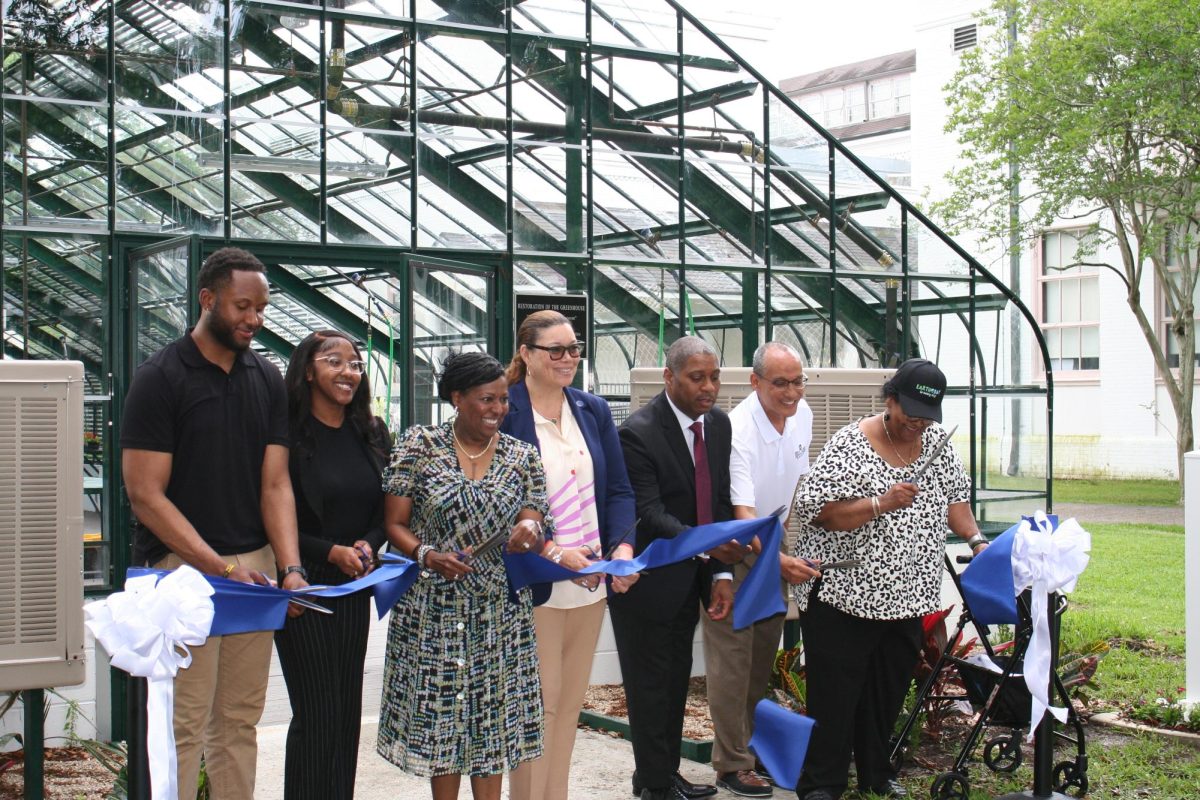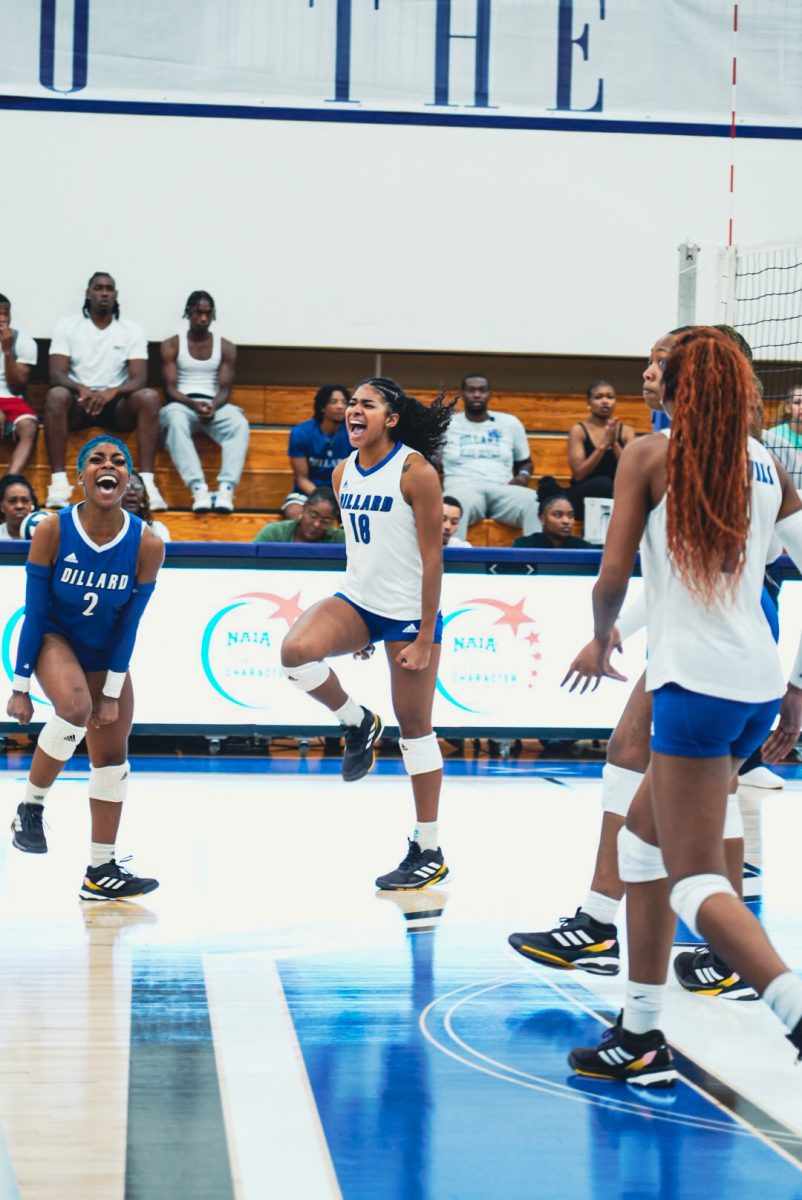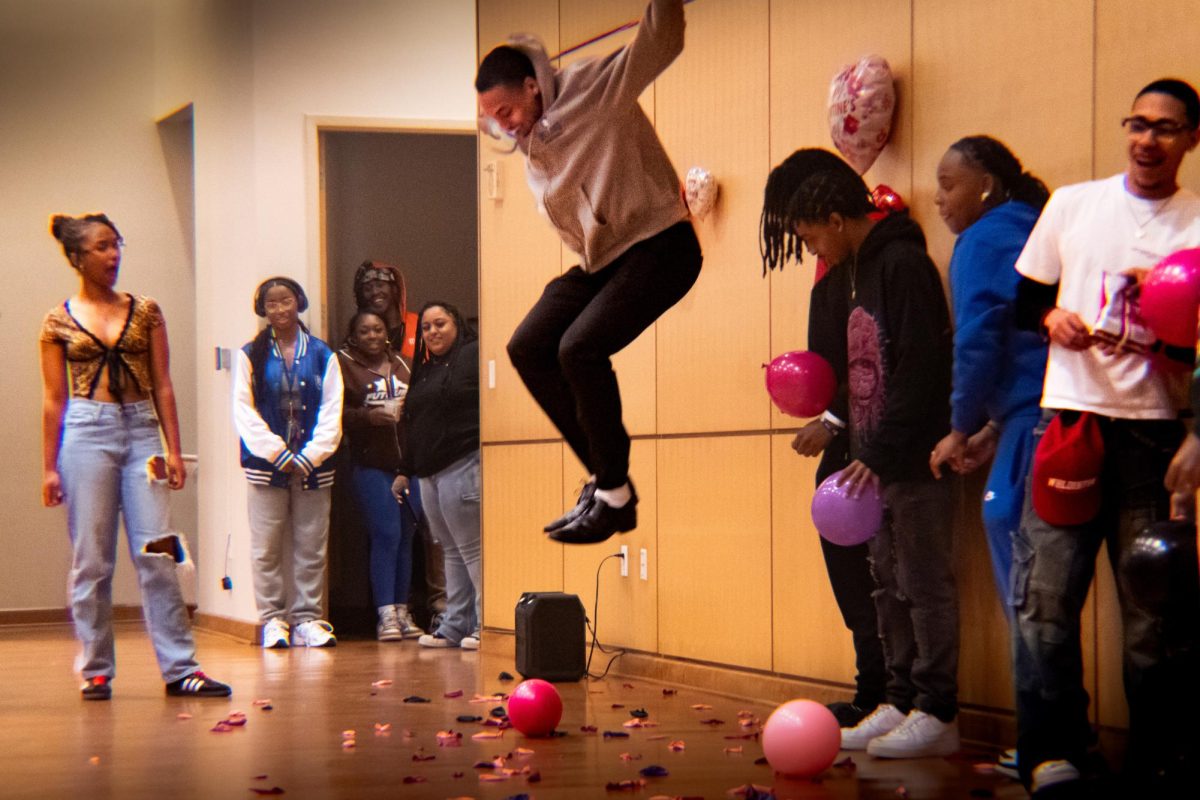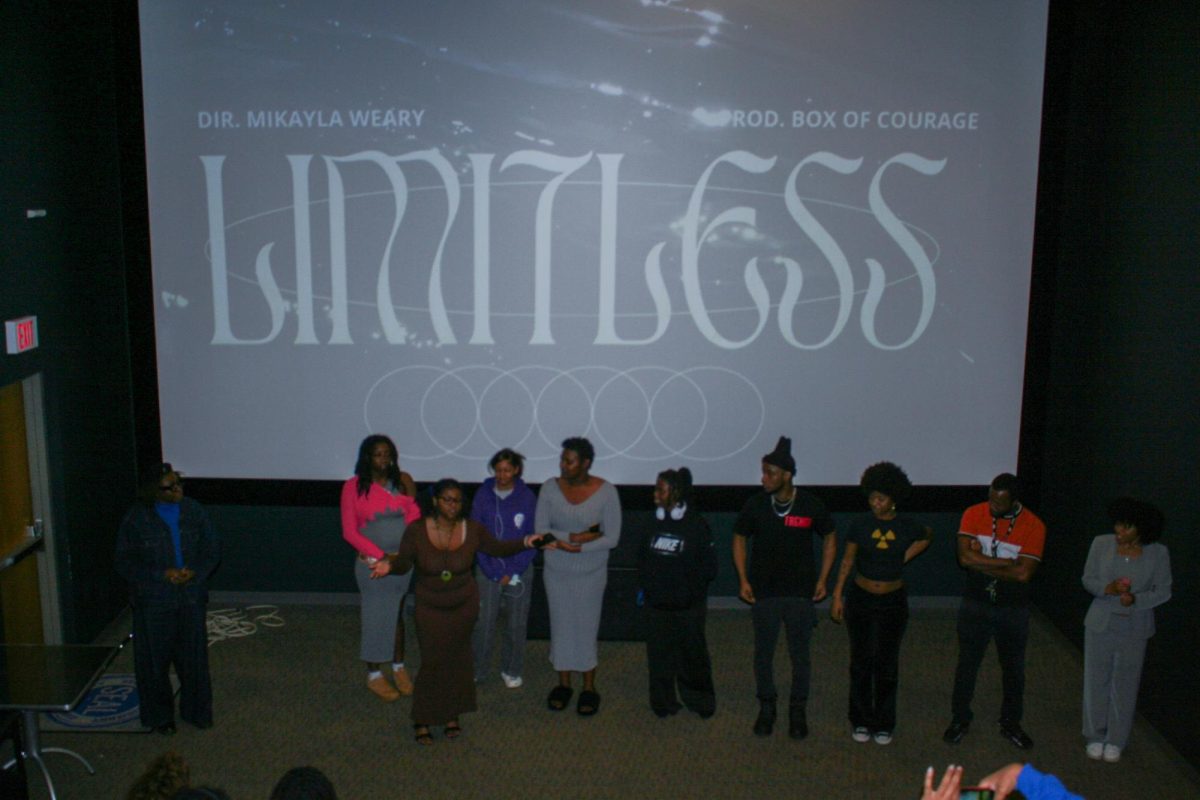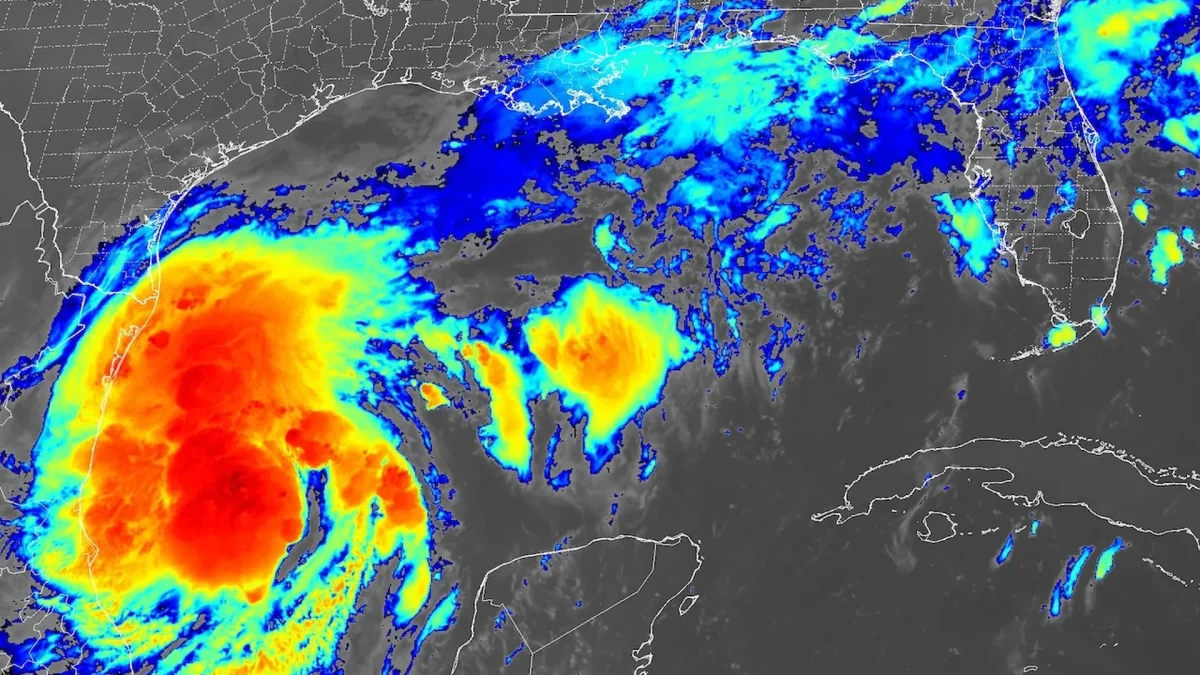For college students, the threat of terrorism exists on campus, a place where many students call home.
With television images of students running frantic, flashes of alleged shooters’ mug shots and college campus security guards turning students away from campus, students must now stay inform about activities occurring on campus.
Amid violent acts occurring on college campuses, such as the recent Delaware State University shootings where two students were shot on campus, college officials must now implement new security measures to protect students.
“I think the Virginia Tech case is the perfect case where 20,000 people were on their way to school and work and needed to be notified about incidents occurring on campus,” said Tommy Holton, Dillard’s associate vice president for information technology. “To be able to notify people on what is happening on campus, regardless where they are is essential.”
Several companies offer mass text messaging services to college campuses.
Dillard University has contracted with e2campus, a web-based system, to provide free emergency alert text messaging to faculty, staff and students. Since last spring, the university has looked at other security procedures but thought e2campus was a better deal and decided to roll it out this fall according to Holton.
E2campus allows administration to deliver time-sensitive messages to faculty, staff and students. Accounts can be personally modified. Students can self-manage their accounts to register or deactivate the service, update their phone numbers or e-mail addresses.
“We believe that everyone has cell phones and always have their cell phones on them,” Holton said. “This way our main objective is to get the message to the people immediately.”
When administrators use e2campus, they can quickly alert faculty, staff and students with specific information to increase public safety no matter where they are- on or off campus.
“I lived off campus, so many times when I received news about events going on campus it was too late,” said Sharon Walker, Dillard 2007 graduate.
To begin the registration process, students can log on to http://www.dillard.edu/e2campus.
The registration process is really easy said Holton.
Students must be in front of the computer whenever signing up for the new emergency alert system. After completely filling out the alert sign up form, a code will be sent to their cell phones for verification that the process is complete.
“Registration is not complete until students enter the code and give an alternative e-mail address besides their Dillard account,” Holton said.
During SOAR week, freshman and returning students were encouraged to sign up for e2campus.
“I am happy that the university has implemented this plan and hope students sign up because they never know what can happen,” said Walker.
According to Holton, a number of students have signed up for the service. He hopes that over the next few weeks, students become more aware of the new security measure and encourages faculty, staff and students to sign up.
Students are not charged for the service depending on their cell phone service plan. According to Holton, the university pays an annual fee for the e2campus service.
The heightened awareness of emergency preparedness has prompted other school officials to seek better action plans. Several universities, such as Bethune-Cookman, Texas A&M, and Xavier University in New Orleans now use the e2 notification system.
Many universities appear to believe that the new technology offers the most efficient and cost-effective means of improving security. Xavier introduced the system to students in March. School officials reported that more than half of the student body is registered.
For many universities, the main stream of communication is the Internet. With Web sites like Blackboard, students and teachers communicate through e-mails or message boards.
“I think it is good that Dillard has a plan in place in case of a state of emergency for the university,” said Harold Mitchell, senior public health major from Vacherie, La. “Many times I do not check my Dillard e-mail account because the system is always down.”
During Hurricane Katrina in August 2005, many students were unable to make contact with relatives and friends using traditional landline or cell phones. Through text messaging students could communicate with each other.
“E-mail systems might not always work,” said Holton. “Thinking back in terms of Hurricane Katrina, if the system is down then we need a system in tact to contact faculty, staff and students. Text messaging gives us this option.”
“Hopefully, we do not have to use this emergency plan,” said Mitchell.

